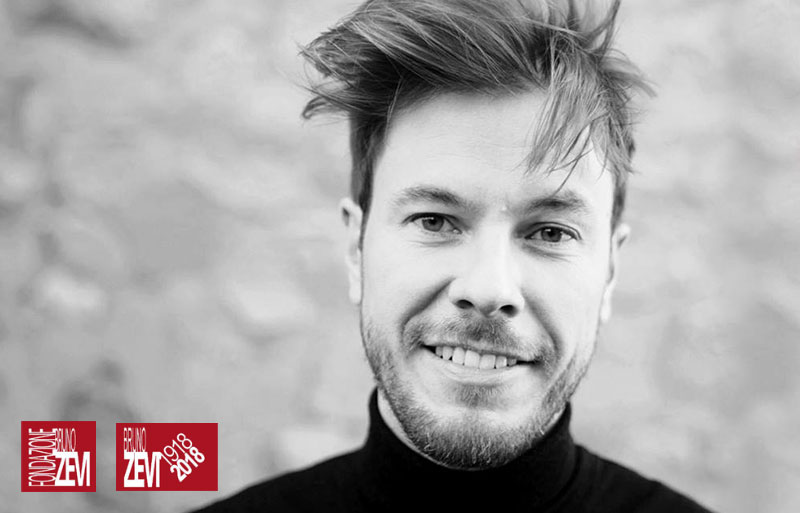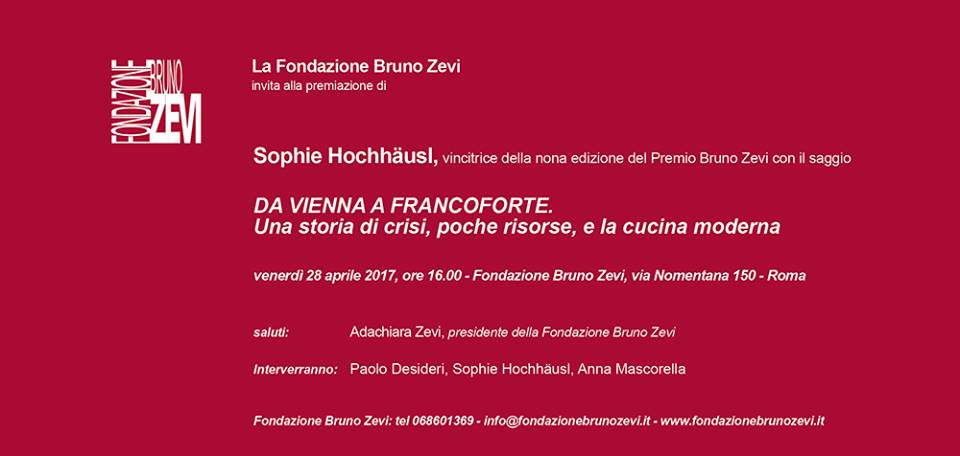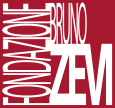Tim Altenhof è il vincitore del Premio Bruno Zevi 2018

La Fondazione Bruno Zevi è lieta di comunicare che il dodicesimo Premio Bruno Zevi è stato assegnato all’unanimità al saggio “Erich Mendelsohn’s Breathing Space at Luckenwalde”, autore Tim Altenhof.
Motivazioni della Giuria
Dopo un’attenta valutazione dei contributi presentati, la commissione giudicatrice ha deciso di attribuire il Premio Bruno Zevi 2018 al saggio dal titolo “Erich Mendelsohn’s Breathing Space at Luckenwalde”, con la seguente motivazione:
Il saggio aderisce pienamente ai criteri richiesti dal bando e il tema centrale è affrontato in modo brillante e originale. In particolare il saggio è stato apprezzato dalla commissione per l’approccio interdisciplinare del testo che non solo ha il pregio di gettare nuova luce sull’opera e sulla figura di Erich Mendelsohn, offrendo un approfondimento su un progetto meno noto ma di grande interesse, ma rappresenta anche un’opportunità per arricchire quel fronte della ricerca che indaga le intersezioni della scienza e della medicina con il progetto architettonico. All’interno di un quadro scientificamente e storicamente rigoroso e ben costruito sono inoltre proposti sguardi in avanti verso la scena attuale – in piena sintonia con la lezione zeviana – e si fornisce l’occasione per una riflessione attuale sull’approccio alla progettazione dei luoghi produttivi.
INVITO

Tim Altenhof è il vincitore del Premio Bruno Zevi 2018

The Bruno Zevi Foundation is proud to announce that the 12th Bruno Zevi Prize has been unanimously awarded to the essay entitled “Erich Mendelsohn’s Breathing Space at Luckenwalde” by Tim Altenhof.
The jury’s rationale:
Following a careful evaluation of numerous essays submitted for the competition, the jury has decided to award the 2018 Bruno Zevi Prize to the essay entitled “Erich Mendelsohn’s Breathing Space at Luckenwalde”, with the following motivation:
This essay fully meets the stated competition criteria and the central theme is approached in a brilliant and original way. In particular, the jury appreciated the interdisciplinary method of the text that has not only the merit of shedding new light on the work and the figure of Erich Mendelsohn, offering a study on a less known but interesting project, but also represents the opportunity to enrich that research front that investigates the intersections of science and medicine with the architectural project.
Within a scientifically and historically rigorous and well-constructed framework, forward looks towards the current scene are also proposed – in full harmony with the Zevi’s lesson – and it’s provided an opportunity for a current reflection on the approach to the design of production sites.

 English
English